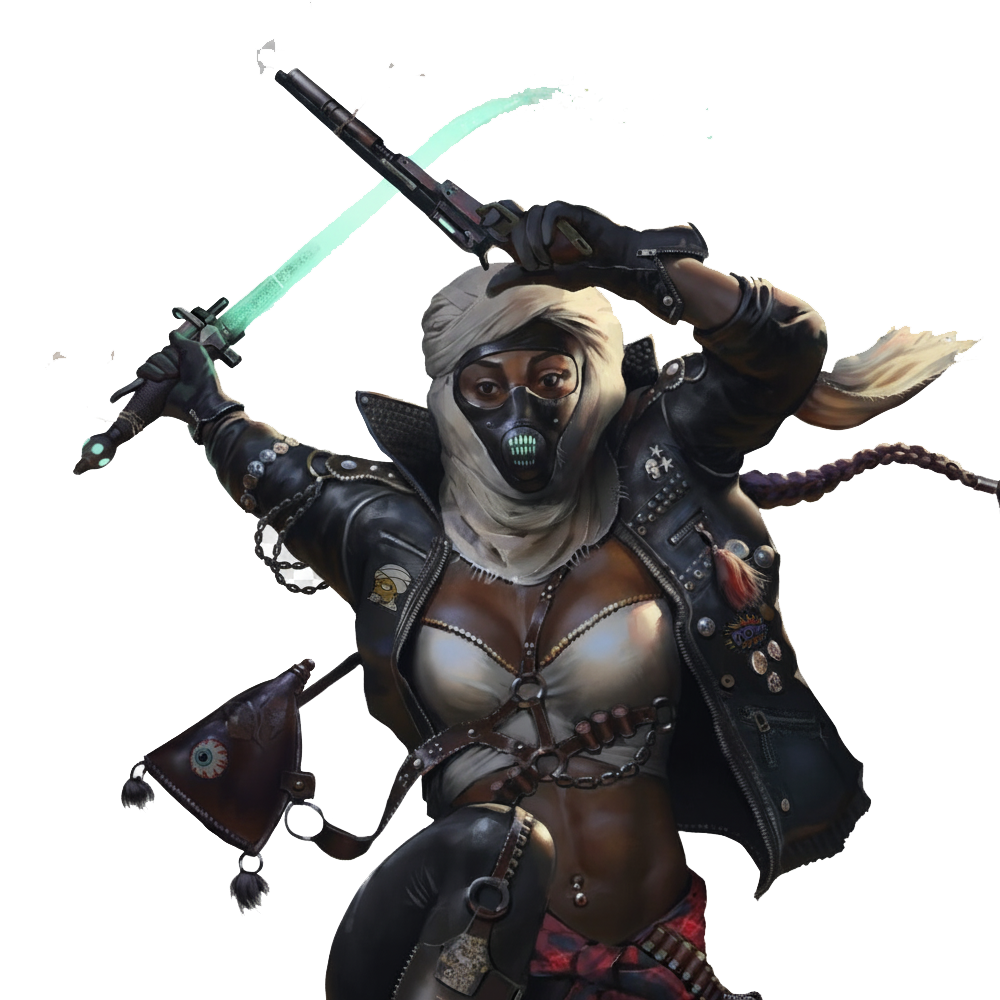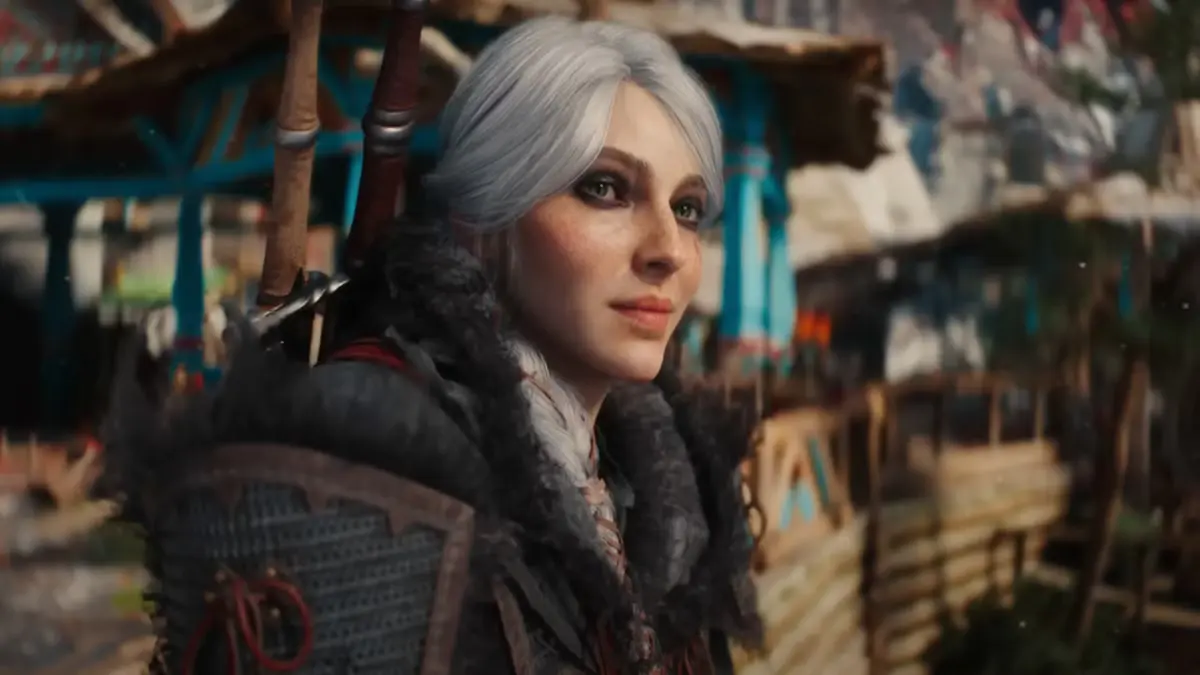Indie game publishing has changed a lot over the past few years. In 2025, developers are facing a crowded market, rising user acquisition costs, stricter platform algorithms, and more competition than ever. Even great games struggle to get noticed.
That is why publishers matter. Modern indie publishers do much more than funding. They help with marketing, QA, porting, platform negotiation, community building, and long-term support. With the right partner, a small team can reach players worldwide in a way that is almost impossible alone.
In this guide of Polydin Studio, you will learn why indie publishers have become essential, which publishers are the strongest options in 2025, and how to choose the partner that fits your game.

Need Game
Art Services?
Visit our Game Art Service page to see how
we can help bring your ideas to life!
Why Indie Publishers Matter Today
The game market is saturated. Players have more choices and less patience. Platform visibility is getting harder each year, and store features are limited. Marketing has become expensive, and most small studios cannot handle it alone. Publishers offer the resources and experience that help a project stand out. They also reduce risks by helping studios avoid production mistakes and platform issues.
Read Also

Top 10 Indie Game Publishers in 2025
Below are the publishers that remain active, relevant, and developer friendly this year. Each profile follows the same structure for easy comparison.
Read Also
Devolver Digital
- Founded Year: 2009
- Location: Austin, Texas
- Team Size or Studio Type: Independent publisher
- Publishing Focus: Bold, stylistic indie titles on PC and consoles
- Notable Games: Hotline Miami, Cult of the Lamb, Loop Hero
What They Offer Developers: Marketing, platform relations, production guidance, global distribution
Why They Stand Out in 2025: Devolver is still one of the strongest names in indie publishing. They have a clear identity and understand how to position creative games in front of a global audience.
Raw Fury
- Founded Year: 2015
- Location: Stockholm, Sweden
- Team Size or Studio Type: Boutique publisher
- Publishing Focus: Artistic, narrative-driven projects
- Notable Games: Sable, Kingdom series, Norco
What They Offer Developers: Funding, production support, marketing, porting
Why They Stand Out in 2025: Raw Fury keeps its developer first philosophy. They focus on games with personality and help teams navigate scope and creative direction without pressure.
Team17
- Founded Year: 1990
- Location: Wakefield, UK
- Team Size or Studio Type: Developer publisher hybrid
- Publishing Focus: Co-op, strategy, survival, and premium indie titles
- Notable Games: Overcooked, The Escapists
What They Offer Developers: QA, console porting, marketing, production, funding
Why They Stand Out in 2025: Team17 has decades of experience. Their publishing structure is stable, and they maintain strong relationships with major platforms.
Playstack
- Founded Year: 2016
- Location: London, UK
- Team Size or Studio Type: Mid sized publisher
- Publishing Focus: Narrative indies and stylized PC or console titles
- Notable Games: Mortal Shell, The Case of the Golden Idol
What They Offer Developers: Funding, console support, marketing, QA, analytics
Why They Stand Out in 2025: Playstack supports teams with thoughtful marketing and clear production pipelines. They give smaller studios the chance to reach large audiences.
Curve Games
- Founded Year: 2005
- Location: London, UK
- Team Size or Studio Type: Established publisher
- Publishing Focus: Simulation, strategy, and quirky indie ideas
- Notable Games: Human Fall Flat, Bomber Crew
What They Offer Developers: Distribution, QA, porting, marketing
Why They Stand Out in 2025: Curve remains reliable for studios that want clear publishing frameworks and long-term support.
Thunderful Publishing
- Founded Year: 2017
- Location: Gothenburg, Sweden
- Team Size or Studio Type: Developer publisher group
- Publishing Focus: Adventure, creative mid-scope projects
- Notable Games: SteamWorld series, The Gunk
What They Offer Developers: Funding, porting, platform relations, marketing
Why They Stand Out in 2025: Thunderful is active and steady. Their platform experience and internal teams make them a strong option for premium PC and console projects.
No More Robots
- Founded Year: 2017
- Location: Manchester, UK
- Team Size or Studio Type: Small independent publisher
- Publishing Focus: Community driven and unique indie concepts
- Notable Games: Descenders, Hypnospace Outlaw
What They Offer Developers: Community building, marketing, distribution
Why They Stand Out in 2025: They specialize in launching games with a strong community angle. Their communication style helps smaller titles gain traction early.
Freedom Games
- Founded Year: 2020
- Location: United States
- Team Size or Studio Type: Modern indie publisher
- Publishing Focus: Strategy, RPG, simulation, and mixed genre indies
- Notable Games: Dark Deity, Symphony of War
What They Offer Developers: Funding, marketing, production support
Why They Stand Out in 2025: Freedom Games is flexible and approachable. They publish many titles each year and understand the needs of small teams.
Private Division
- Founded Year: 2017
- Location: New York, United States
- Team Size or Studio Type: Indie and AA publishing label
- Publishing Focus: Ambitious and high quality independent projects
- Notable Games: Outer Wilds, Kerbal Space Program 2
What They Offer Developers: Funding, global marketing, production, console partnerships
Why They Stand Out in 2025: Private Division has the resources of a large company while still focusing on independent studios. They bring strong marketing power to launches.
11 bit studios
- Founded Year: 2010
- Location: Warsaw, Poland
- Team Size or Studio Type: Developer publisher hybrid
- Publishing Focus: Atmospheric, narrative, and strategic indie games
- Notable Games: Children of Morta, South of the Circle, The Invincible
What They Offer Developers: Funding, production guidance, QA, platform relations
Why They Stand Out in 2025: Their publishing arm supports thoughtful and mature projects. They have a clear identity and back games that aim for emotional or thematic depth.
How to Choose the Right Indie Publisher for Your Game
1.Game Genre and Audience Fit
Study the publisher’s catalog and see if your game aligns with their typical genres and tone. Publishers succeed when they understand your target audience.
2.Funding Needs
Some publishers offer full development funding. Others provide partial support. Knowing your budget needs will help you focus on publishers who can realistically back your project.
3.Marketing Expectations
Marketing is essential in 2025. Look at how publishers promote their games. Social channels, trailers, influencers, and platform negotiations all matter.
3.Porting and Platform Support
If you plan to release on consoles, find a publisher with proven porting experience. It saves time and prevents technical delays.
4.Studio Experience and Roadmap
Small teams benefit from structured publishing pipelines. Bigger teams may want more flexibility. Choose a publisher whose workflow matches your development style.
Conclusion
Indie publishers matter more than ever in 2025 because the market is crowded and visibility is hard to earn on your own. A good publisher brings resources, experience, and support that can take a small game much further than a team could manage alone. Choosing the right partner can shape everything from production flow to launch results and long-term reach.
From my own experience working in the game industry, I’ve seen how the right collaboration can completely shift a project’s future. Publishers are not just distributors. They are partners who share the weight of development and help teams navigate moments when things get complicated. Picking a publisher who understands your game’s identity is one of the most important decisions you can make as an indie developer.
Sources
Polydin uses only high-quality sources, including peer-reviewed studies, to support the facts within our articles.
- GDC (Game Developers Conference). (2024). State of the Game Industry Report.
https://gdconf.com/survey - Unity. (2023). The Changing Economics of Indie Game Development.
https://unity.com/blog/indie-game-economics - Xbox Wire. (2024). ID@Xbox: Supporting Indies in a Competitive Market.
https://news.xbox.com/en-us/idatxbox - Steamworks Documentation. (2024). Visibility, Discovery, and Algorithmic Changes on Steam.
https://partner.steamgames.com/doc/store/discovery
FAQs

How much funding do indie publishers usually provide?
Funding varies a lot between publishers, but most indie publishers work within a range that supports small to mid-sized teams. Some offer partial funding to cover specific milestones, while others finance the entire development cycle. In many cases, budgets fall somewhere between a few hundred thousand dollars and low seven figures, depending on the game’s scope, platform plans, and production length. Publishers also consider team size and genre before committing to a number. The key point is that funding is rarely one fixed amount. It is shaped by what the project needs and how confident the publisher is in the team’s vision.
What revenue split is normal in 2025?
Most indie publishing deals land somewhere between 50–50 and 70–30 in favor of the developer. The exact split depends on how much funding and support the publisher provides. Full funding often leads to a more even split, while partial funding usually gives the developer a larger share. These ranges are common industry patterns, but terms can vary from one deal to another.
Is it better to self publish or work with a publisher?
It depends on your goals and what your team can handle. Self publishing gives you full control and a larger share of the revenue, but it also means managing marketing, QA, porting, and platform relations on your own. Working with a publisher reduces that pressure and gives your game more visibility, especially in a crowded market. If your team has limited time, budget, or reach, a publisher can make a real difference. If you already have an audience and a strong marketing plan, self publishing can work just as well.
How long does the publishing process take?
Most publishing timelines range from a few months to more than a year. It usually starts with pitching and contract discussions, then moves into production support, marketing planning, and platform preparation. The exact timeline depends on your game’s scope and how early the publisher joins the project. Some teams partner with a publisher from the first prototype, while others sign closer to release.




